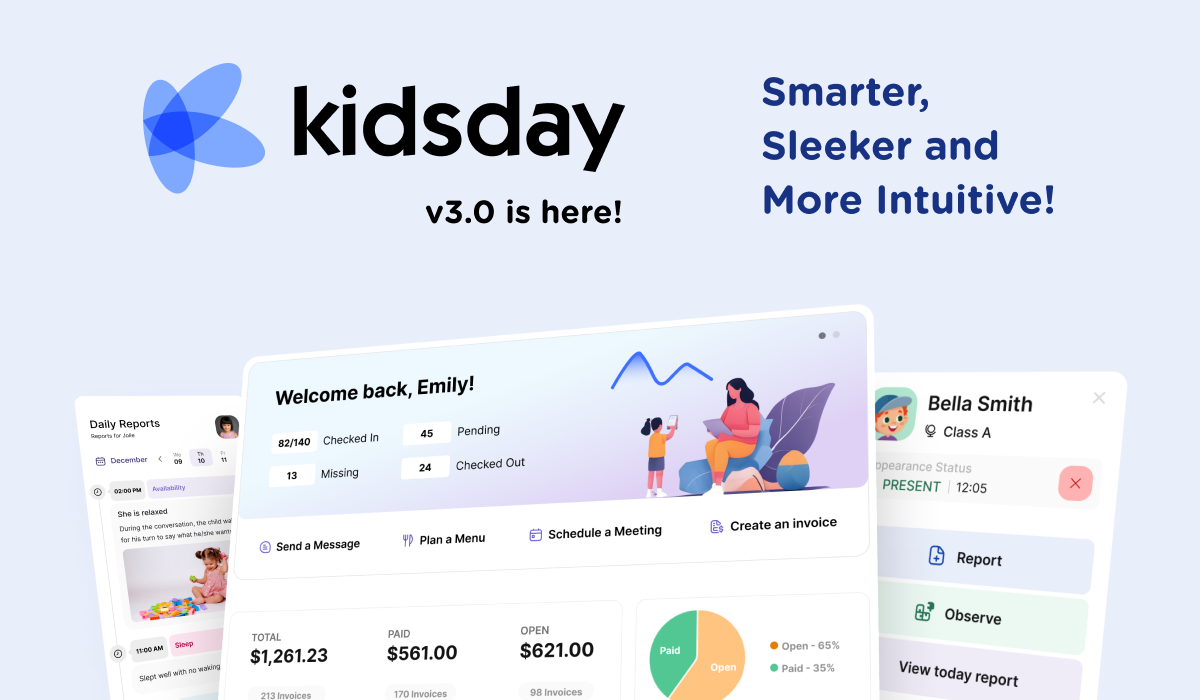Emotional outbursts are a natural part of early childhood development. During the early years, children are still learning how to manage strong feelings and cope with daily frustrations. Educators and parents often face situations where a child suddenly cries, yells, or refuses to cooperate – and it’s important to understand why these reactions happen.
1. Physical fatigue
Tired children have a lower tolerance for frustration. A long day of activity, insufficient sleep, or an irregular routine can lead to emotional outbursts, even over minor triggers. A consistent sleep schedule and rest breaks during the day are essential.
2. Hunger
Children who haven’t eaten enough may become irritable or impatient. Maintaining regular mealtimes and offering healthy snacks helps prevent unnecessary emotional stress.
3. Changes in routine or environment
Children thrive in predictable environments. Transitions such as moving to a new class, the absence of a familiar teacher, or visits from new people can cause insecurity. Preparing children in advance and explaining changes in simple terms helps them feel safer.
4. Difficulty expressing themselves
When children can’t communicate their needs or feelings clearly, they may feel frustrated. This is common for toddlers who are still developing language. Educators can support them by using simple language, visual cues, and offering limited choices (e.g., “Do you want water or milk?”).
5. Need for attention and emotional connection
Sometimes, an outburst is simply a way to ask for connection. Warm and responsive relationships with adults help children feel seen, safe, and understood.
How to support children through emotional moments
The most effective response is calm, empathetic support. Acknowledging the child’s feelings (“I see you're upset…”) and setting clear but gentle boundaries helps the child develop emotional regulation skills.

With Kidsday, educators can share daily updates with parents, helping them understand the emotional ups and downs of their child’s day. This builds a strong bridge between home and center, ensuring consistent care and understanding.








